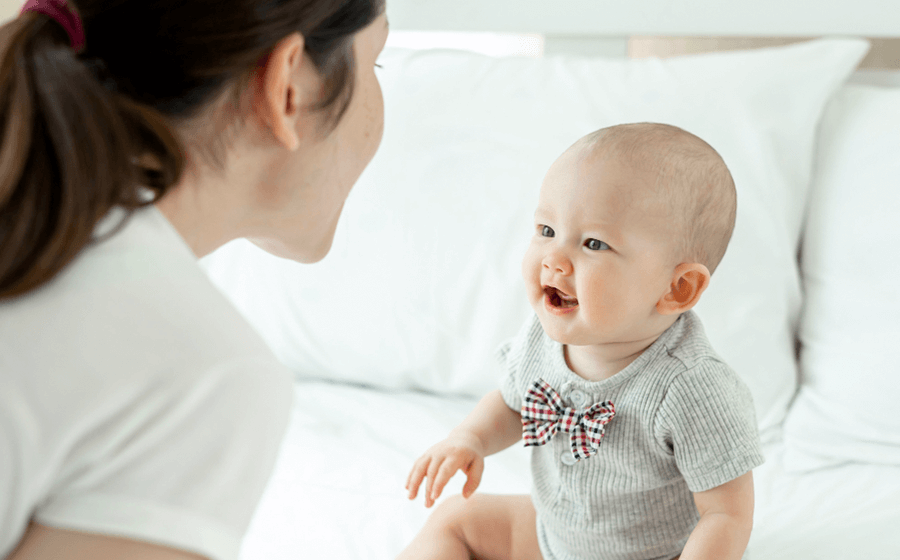
- July 26, 2023
Can your child hear you
Hearing loss in children is a critical issue that requires immediate attention and care. Early detection and intervention play a pivotal role in a child's speech and language development, as well as their overall well-being. In this blog, we will explore the significance of identifying hearing loss early and the various management options available to support children with hearing deficits.
No Child is Too Young to be Tested:The old adage holds true – "If a mother thinks her child is deaf, then the child is deaf until proven otherwise." Parents and caregivers must trust their instincts and seek professional evaluation if they suspect hearing loss in their child. Early testing is essential because without hearing, a child cannot acquire language or develop normal relationships.
The Prevalence of Childhood Hearing Loss:Childhood hearing loss affects approximately one to two of every 1000 newborn infants. This prevalence makes it imperative to recognize hearing impairment early and provide necessary support before vital time for learning speech is wasted.
Testing Hearing Accuracy:Contrary to general belief, hearing can be accurately tested right after birth. Ideally, every child's hearing should be assessed at 6-9 months of age and again at school entry. Conductive deafness can potentially be cured through surgical or medical means, while sensorineural deafness is permanent.
Recognizing Hearing Milestones:Parents can play an active role in monitoring their child's hearing milestones. From being startled by loud sounds shortly after birth to responding to their own name around nine months of age, these milestones help identify potential hearing issues.
Causes of Hearing Loss in Children:Childhood hearing loss can be congenital (hereditary, prenatal, or perinatal) or acquired (due to illnesses like measles, mumps, or meningitis, ototoxic medications, and otitis media with effusion).
High-Risk Group:Some children are at a higher risk of hearing loss, including those with a family history of deafness, perinatal complications, low birth weight, delayed speech, and exposure to ototoxic drugs.
Hearing Evaluation and Tests:Various hearing tests are available, including behavioural tests, otoacoustic emissions, auditory brainstem response, tympanometry, reflexometry, and pure tone audiograms.
Benefits of Early Identification:The first three years of life are crucial for speech and language acquisition. Children provided with early auditory, linguistic, and social stimulation show improved speech, language skills, academic achievements, and self-esteem compared to those who receive help later.
Management Options:Depending on the severity and cause of hearing loss, management options include family support and advice, hearing aids, cochlear implants, radio aids, lip reading, speech reading, sign language, rehabilitation, and surgical intervention if applicable.
Conclusion:Childhood hearing loss requires prompt and vigilant attention. Early identification and support can significantly impact a child's speech and language development, academic achievements, and overall quality of life. No child is too young to be tested for hearing deficits, and every effort should be made to recognize and manage hearing loss at the earliest possible stage. Remember, it is better to over suspect than to under diagnose and underestimate the importance of timely intervention in a child's hearing health journey.
By Dr. Abdul Ghani Siddique